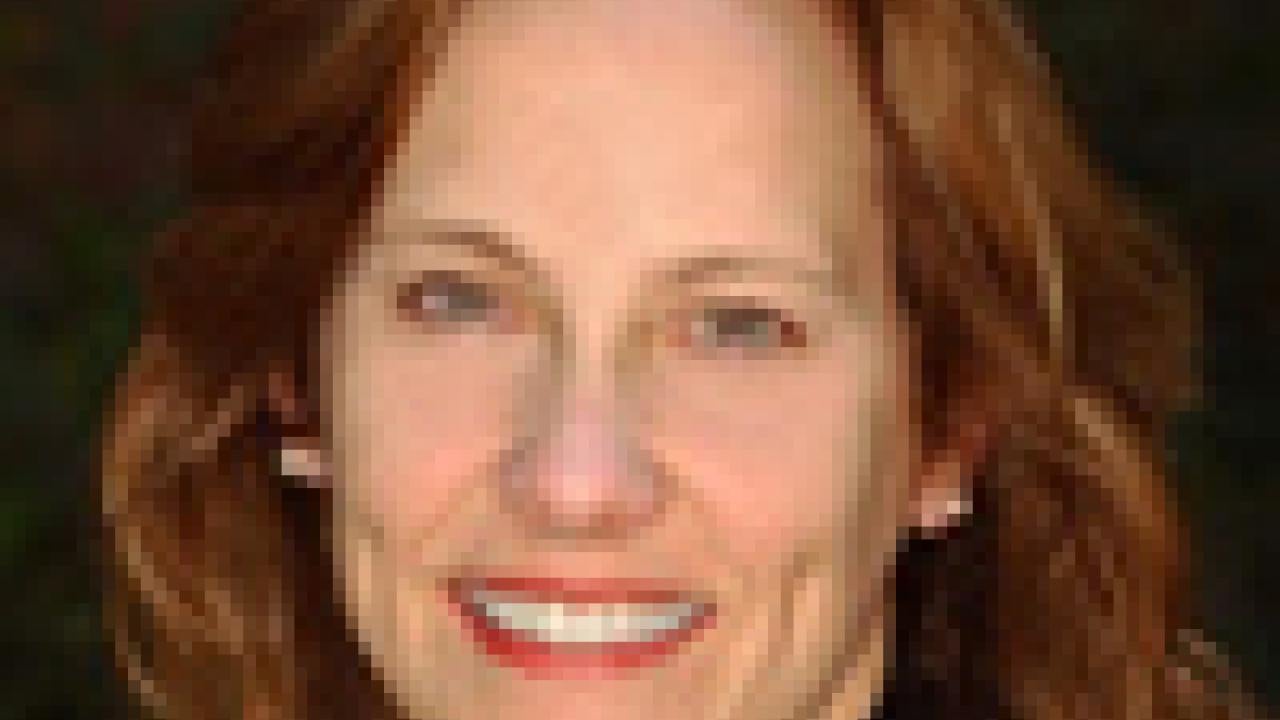President Obama’s decision last week to shut down the Guantanamo Bay terrorist detention camp shows that America is changing its War on Terror strategy, UC Davis faculty say.
Kathryn Olmsted, a history professor who has written extensively about secret governments and conspiracy theories in America, said that after 9/11 many people throughout the world thought the U.S. considered itself above the law.
“The Bush administration alienated millions of people who initially felt great sympathy for America after the attacks,” she said. “Now President Obama is signaling that the U.S. government will play by the rules.”
‘Symbolic act’
On Jan. 25, Obama signed orders to close the Guantanamo Bay detention center in Cuba within a year, overhauling U.S. treatment of terror suspects, reviewing military war crimes trials and outlawing the harshest interrogation methods. He still faces the tough decision of what to do with the terrorism suspects at the Cuban site—critics worry that one day these suspects will be housed in American jails.
Whatever the future holds, Olmsted says that closing the camp is a “very important symbolic act” that will result in greater adherence to international law by the U.S. She expects the Guantanamo Bay period to contrast sharply with America’s image in upcoming years.
Olmsted, the author of the 2008 book, Real Enemies: Con-spiracy Theories and American Democra-cy, World War I to 9/11, said that 20 years from now most Americans will regard the Guantanamo Bay saga as “a time when America abandoned its proud tradition” of the rule of law.
Law professor Diane Marie Amann last December observed Guantanamo military commissions proceedings on behalf of the National Institute of Military Justice. There is no denying, she says, the difficulty awaiting the White House on what to do with the 250 or so detainees.
Risks, revenge
“Even with careful study there will remain the risk that on occasion a released former fighter will return to the fight,” said Amann, director of the UC Davis International Law Center. “It is both a political and legal challege.”
There is a risk, too, that on occasion a man who was innocent when arrested will, after he is freed, try to exact revenge for years of unlawful detention, she said.
“But such risks are inherent in any system devised to protect the public safety.”
Law school dean Kevin Johnson, a specialist in immigration and civil rights law, said that the Obama administration is confronting a thorny legal issue in how to handle the detainees. Indeed, how does one conclude who is a “true” terrorist if evidence was possibly tainted by torture?
“This is an extremely difficult decision,” Johnson said. “The administration will have its work cut out for it in determining whether it is possible to pursue any sort of prosecution of detainees who were tortured.”
Some might argue that the question of how one devises a legal approach that squares with civil liberties and the need to protect the nation from terrorist danger is unresolved in the courts.
But Johnson says guidance for trying terrorists in the courts does exist.
“We have experience with criminal prosecutions with alleged terrorists in American courts,” he said. “Many have been successful. We must ensure that any and all prosecutions comport with the dictates of the U.S. Constitution.”
He applauds Obama’s quick decision to reverse course on the jailing of terrorist suspects.
“These are important decisions, showing a clear break from the policies of the Bush administration,” he said.
As for Amann’s trip to Guantanamo Bay and how it felt on a human level, she said, “You get a strong sense of isolation because it is totally cut off from the rest of the world. And, there is a lot of barbed wire.”
To read Diane Amann’s blog, see intlawgrrls.blogspot.com and click on “Diane Amann.” To read Kevin Johnson’s blog, see lawprofessors.typepad.com/immigration.
Media Resources
Clifton B. Parker, Dateline, (530) 752-1932, cparker@ucdavis.edu
